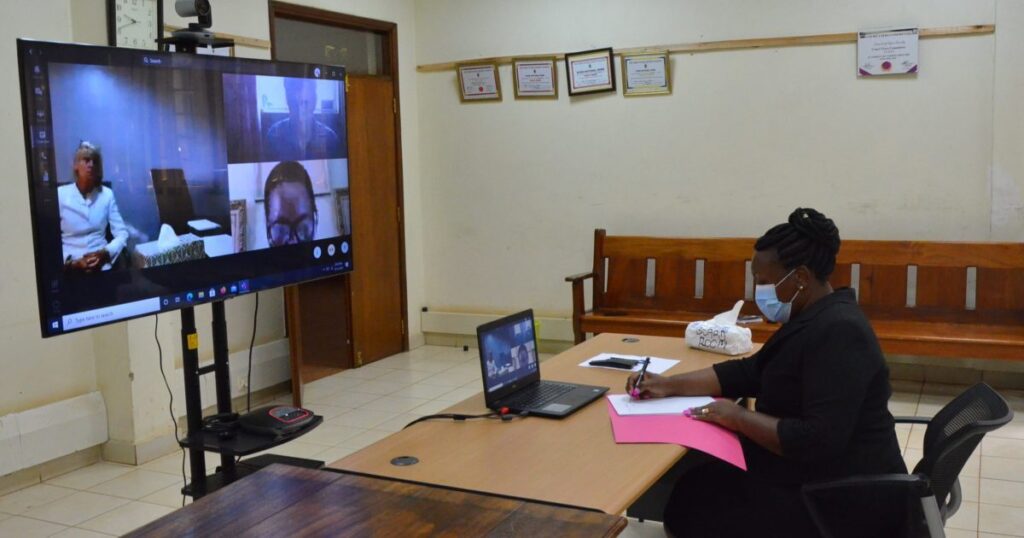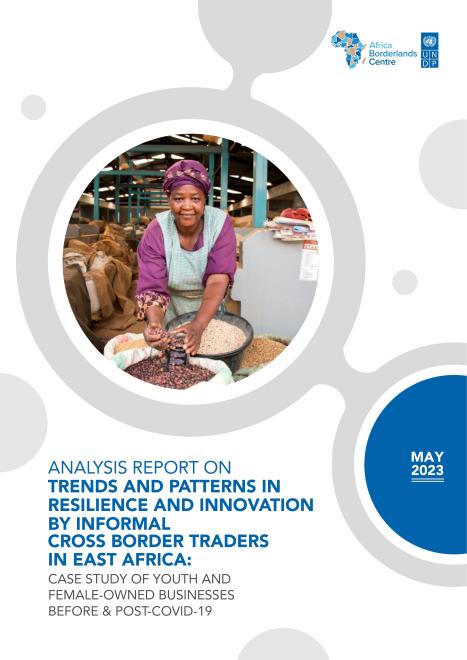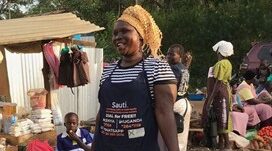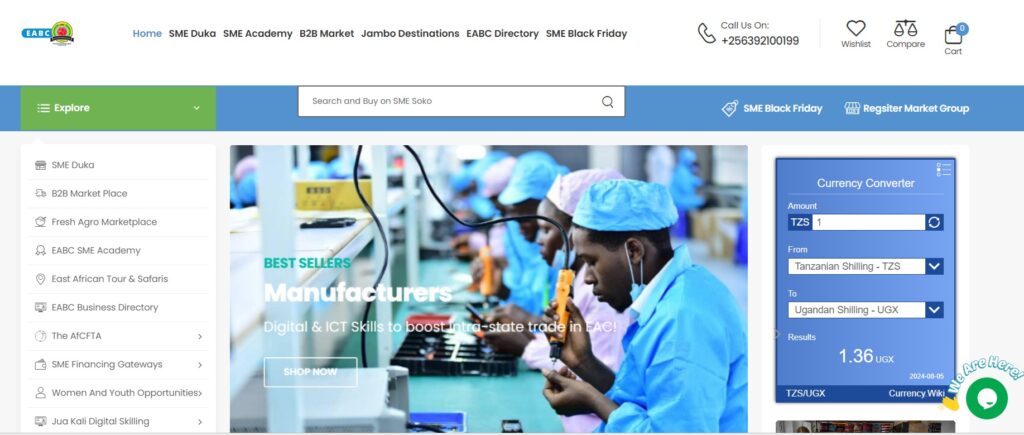A Cross Border Trade Reporting Experiment From Kenya Small-Scale Cross Border Traders, Corruption And Mobile PhonesSauti Collect
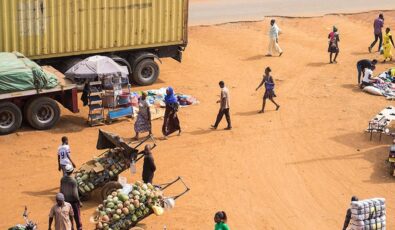
Since 2019, via Sauti Collect, Sauti has been able to offer an end-to-end USSD mobile data collection solution, from survey design and testing, to survey deployment and monitoring of incoming results – all from one user-friendly dashboard.
In partnership with Busara and Columbia University, under Global Integrity’s Anti-Corruption Evidence Programme, Sauti Collect is being used to conduct a mobile-based evaluation of interventions that combat incidents of bribery and harassment of cross-border traders.
challenge
Informal cross-border trade is a major feature of East African economies, creating jobs, contributing to food and energy security, and alleviating poverty. However, due to the lack of transparency and prevalence of information asymmetry surrounding trade procedures, many cross-border traders are vulnerable to bribery and harassment at border crossings. Additionally, collective action problems prevent those negatively impacted by corruption from speaking out.
According to Sauti’s research at Busia and Malaba border crossings on the Kenya/Uganda border, 56% of traders reportedly experienced corruption daily, while 21% experienced it on a weekly basis. Faced with uncertainty about applicable tariffs and taxes combined with prospects of having their goods seized, many traders are forced to risk their personal security and travel through a panya (smuggling) route where they are exposed to even greater possible harm in the form of theft and gender-based violence.
project
Sauti’s study, in partnership with Busara, seeks to address problems faced by small-scale traders, such as bribery and artificially raised prices at the Kenya-Uganda border. Using Sauti’s mobile-based platform, traders are able to anonymously rate their border experience and report incidents of bribery and harassment at border crossings. Reports crowd-sourced through the platform are analysed and shared with key border agencies in the format of monthly reports and further shared with other civil society organisations to utilise for evidence-based advocacy. These services improve access to and reliability of market and trade information and aim to enhance the transparency and accountability of cross-border trade transactions.
By leveraging Sauti Collect, a scalable mobile data collection solution which uses USSD/SMS technology to reach target populations in “low-technology” contexts, Busara and Sauti are conducting a randomised controlled trial to monitor and evaluate Sauti’s Trade and Market Information platform as an anti-corruption intervention for cross-border traders.
The study will also conduct institutional analyses to better tease apart the multiplicity of motivations from both traders and border agents, alongside secondary actors, to address corruption on a holistic level. The aim of the study is to highlight possible intervention strategies which focus on the root causes of corruption from a behavioural science perspective. Examples of these interventions include edutainment campaigns, the engagement of local thought leaders, and increasing the salience of the negative wider social effects of corruption.
results
Sauti is pleased to announce the publication of results from our research in partnership with UK Aid Direct, Busara Center for Behavioral Economics, and Columbia Climate School under the Global Integrity Anti-Corruption Evidence (GI-ACE) programme.
